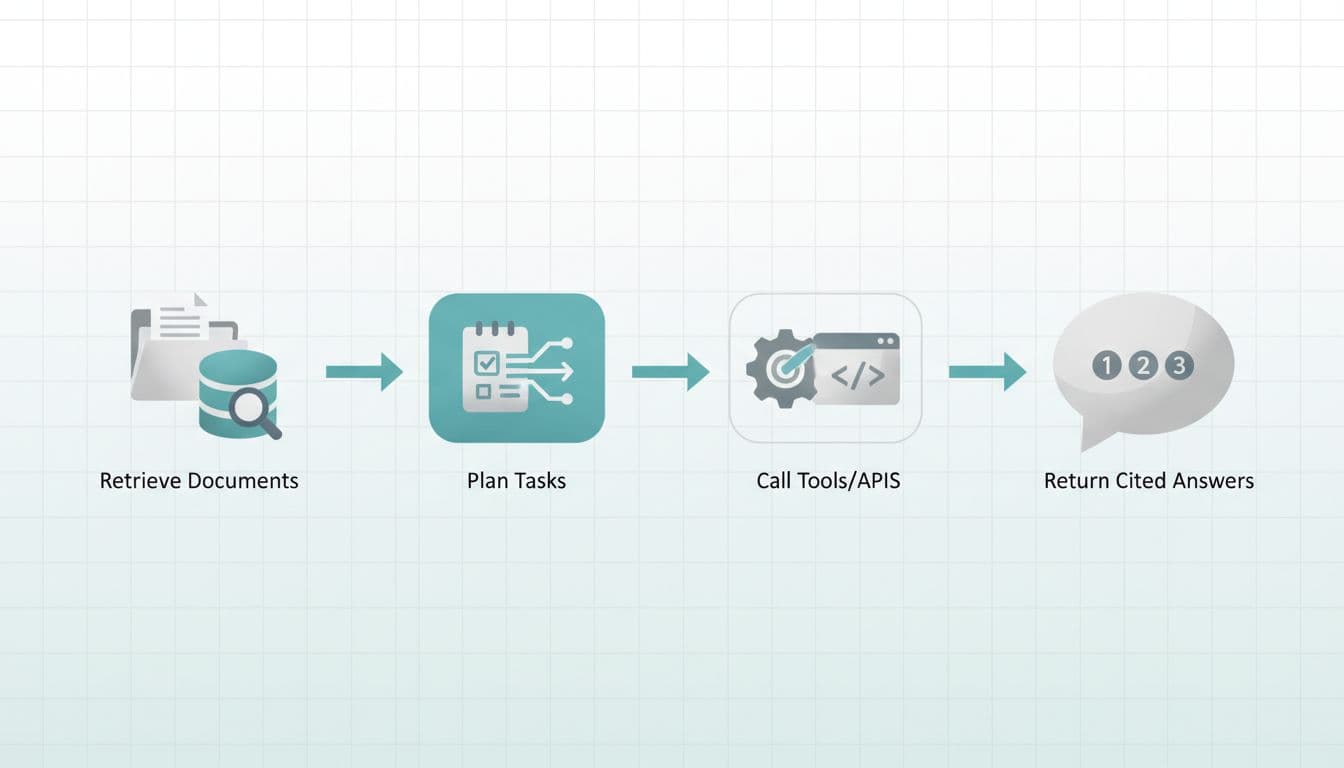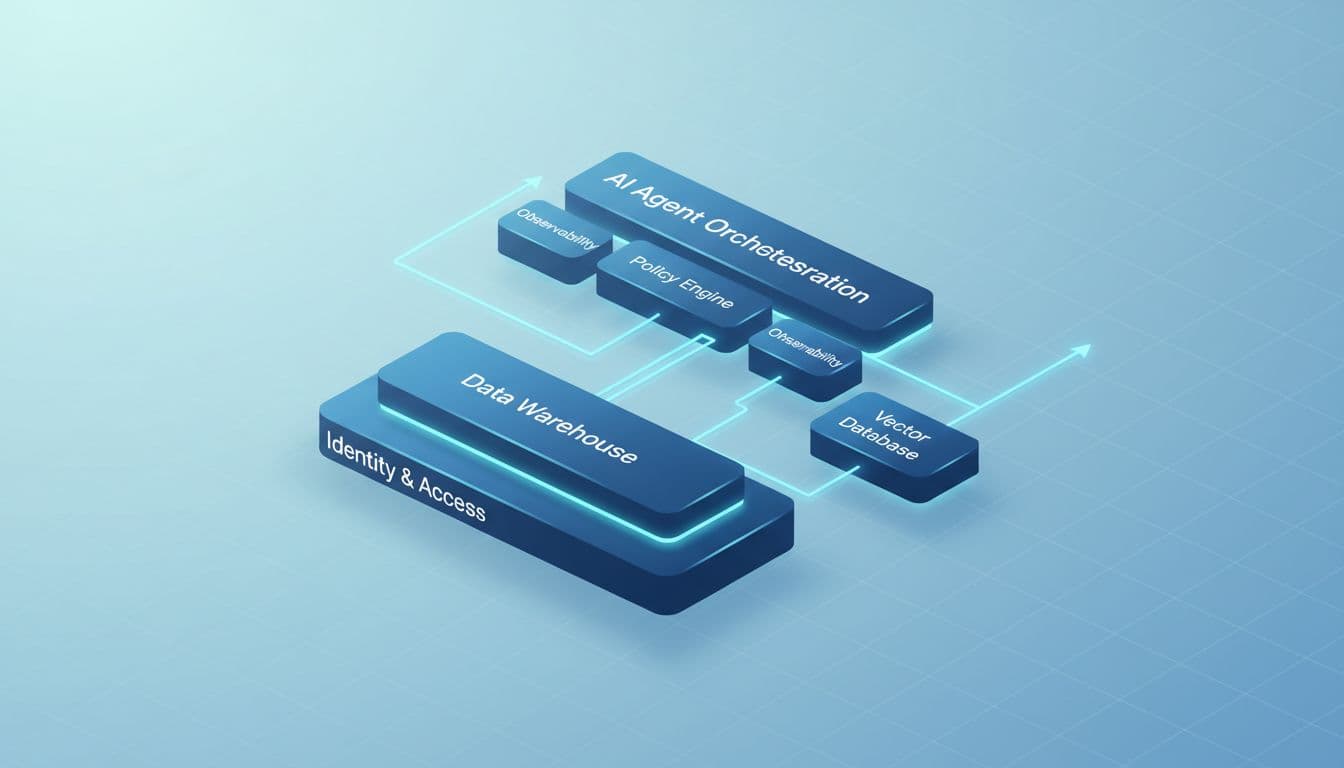Reflection AI, an AI model startup founded by veterans from leading labs, has reportedly raised $2 billion in new funding. The news, first highlighted by industry outlets citing the New York Times, signals strong investor appetite for enterprise AI agents and AI infrastructure. The raise positions Reflection AI to scale product development, grow its research team, and expand go-to-market efforts with large customers.
While official terms have not been fully disclosed, reports point to strategic interest from major ecosystem partners. The focus appears to be on building agentic systems that help teams plan, reason, write code, answer complex questions, and work across large internal knowledge bases. This aligns with a clear shift in the market: enterprises want AI that does real work inside their stack, not just chat.
What Reflection AI Builds
Reflection AI is known for research-driven agent models that combine retrieval, tool use, and long-context reasoning. Early demos and write-ups suggest their systems can index entire codebases and documents, cite sources, and execute multi-step tasks. Think of it as a specialized teammate that understands your code, your docs, and your data, then ships work while staying grounded in facts.
This approach matches a broader industry trend. Companies are moving from general chatbots to purpose-built agents with guardrails, observability, and compliance. Reflection AI’s pitch is likely centered on speed, accuracy, and control. If they can deliver those three in regulated environments, adoption can move fast.
Why the $2B Raise Matters
- Compute and training: Building strong agents takes significant compute. A large round can fund training, inference optimization, and long-context memory.
- Enterprise readiness: Security, compliance, and integrations cost time and money. The raise can help ship enterprise-grade features faster.
- Talent and research: Hiring top researchers and engineers is competitive. Capital gives an edge in recruiting and retaining talent.
- Go-to-market scale: Selling to large companies requires solution engineers, support, and a partner ecosystem.

How This Impacts the AI Market
Agentic AI is now the center of gravity. As organizations test pilots in support, engineering, and operations, budgets are shifting from experimentation to production. Reflection AI’s raise adds fuel to the race to deliver agents that can handle real-world complexity while staying aligned with company policies.
For developers, this could mean better code assistants that index full monorepos, reason over pull requests, and open issues with clear citations. For knowledge workers, it could unlock assistants that draft briefs, summarize research, and coordinate workflows across tools.
For IT and security teams, concerns remain. Data governance, hallucination risk, audit trails, and cost control are top of mind. Any vendor claiming enterprise readiness will need transparent evaluations, sandbox environments, and clear metrics on accuracy and latency.

What to Watch Next
- Product availability: Will Reflection AI launch a closed beta for enterprise customers, or a public developer preview with SDKs?
- Benchmarks and audits: Expect evals on coding tasks, retrieval accuracy, latency, and cost per task.
- Security and compliance: SOC 2, ISO 27001, data residency, and PII handling will be key for regulated buyers.
- Partner ecosystem: Integrations with GitHub, GitLab, Jira, Confluence, Slack, Microsoft 365, Google Workspace, and popular data platforms.
- Pricing and deployment: Options for on-prem, VPC, or managed cloud will influence adoption.
Implications for Teams
If you manage engineering or knowledge-heavy teams, start with small, high-impact use cases. Define a clear “done” metric for each task. Track quality, speed, and cost per task. Compare agent outcomes to human baselines, and review citations for accuracy. This helps you scale responsibly.
Also plan for organizational change. Better tools shift workflows. You may need new review practices, agent-runbooks, and access controls. Train teams to prompt well, verify outputs, and escalate edge cases.

Reflection AI’s reported $2 billion raise shows how much belief there is in agent-first AI. With the right product execution, the company could become a core vendor for teams that want AI to do reliable, measurable work. The next six months will reveal how fast enterprise buyers move from pilots to production.
To contact us click Here .

